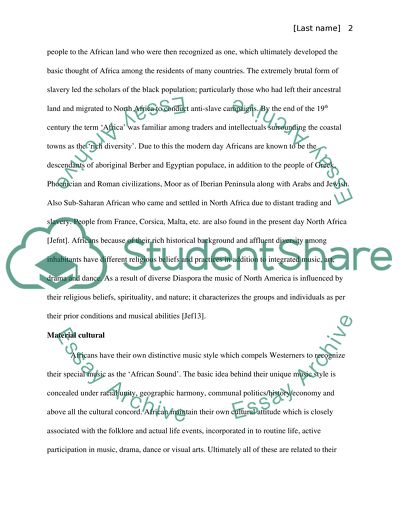Cite this document
(“North Africa Essay Example | Topics and Well Written Essays - 1500 words”, n.d.)
North Africa Essay Example | Topics and Well Written Essays - 1500 words. Retrieved from https://studentshare.org/geography/1467281-north-africa
North Africa Essay Example | Topics and Well Written Essays - 1500 words. Retrieved from https://studentshare.org/geography/1467281-north-africa
(North Africa Essay Example | Topics and Well Written Essays - 1500 Words)
North Africa Essay Example | Topics and Well Written Essays - 1500 Words. https://studentshare.org/geography/1467281-north-africa.
North Africa Essay Example | Topics and Well Written Essays - 1500 Words. https://studentshare.org/geography/1467281-north-africa.
“North Africa Essay Example | Topics and Well Written Essays - 1500 Words”, n.d. https://studentshare.org/geography/1467281-north-africa.


